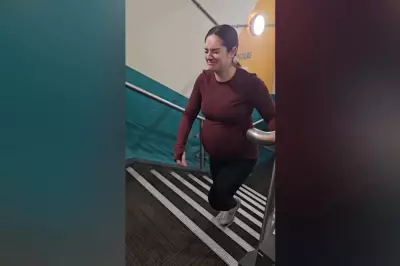
A revolutionary screening programme within the NHS is transforming the lives of newborns by identifying a rare but potentially fatal genetic disorder within mere hours of birth. The breakthrough testing method can detect Tyrosinaemia Type 1, a condition that affects approximately one in 100,000 babies in the UK.
What is Tyrosinaemia Type 1?
Tyrosinaemia Type 1 is a serious hereditary disorder that prevents babies from properly breaking down the amino acid tyrosine. If left undiagnosed, the condition can lead to devastating liver and kidney damage, neurological crises, and even death in infancy.
Professor James Bonham, who leads the NHS newborn screening programme, emphasised the significance: "This represents a major step forward in preventative medicine. We're now catching this dangerous condition before it has chance to cause irreversible harm."
How the Screening Works
The innovative process involves:
- A simple heel-prick blood test performed 24 hours after birth
- Advanced laboratory analysis using tandem mass spectrometry
- Rapid results enabling immediate treatment if required
- Integration into the existing newborn screening programme
Life-Saving Early Intervention
When detected early, Tyrosinaemia Type 1 can be effectively managed through:
- A specialised low-protein diet
- Medication that blocks toxic substance formation
- Regular monitoring of liver and kidney function
- Ongoing specialist paediatric care
The importance of early detection cannot be overstated, as delayed diagnosis often means children require liver transplants and face permanent health complications.
National Rollout Success
The screening has been successfully implemented across England, joining eight other conditions routinely tested for in newborns. This expansion demonstrates the NHS's commitment to staying at the forefront of medical innovation and preventative healthcare.
Parents of affected children have described the screening as "nothing short of miraculous," with many reporting their children are now thriving thanks to early intervention.





